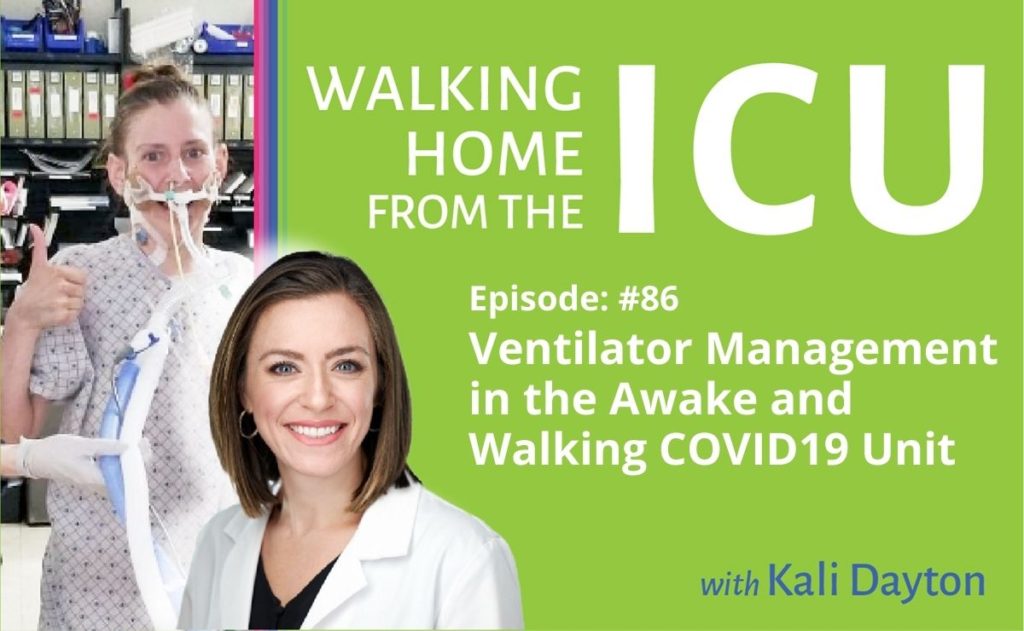
Walking Home From The ICU Episode 86: Ventilator Management in the Awake and Walking COVID19 Unit
How is the “Awake and Walking ICU” keeping their COVID19 patients mentally and physically functional during severe COVID19? Do they face constant ventilator asynchrony and how do they deal with it? Geoff shares with us his vast experience as a respiratory therapist in walking patients on mechanical ventilation during critical illness and now COVID19. Episode
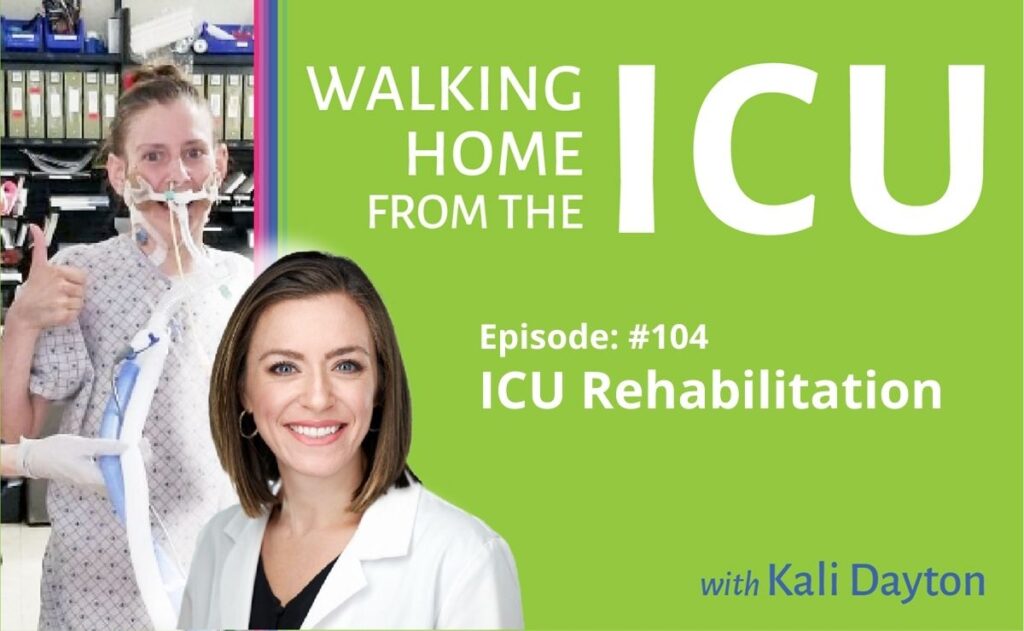
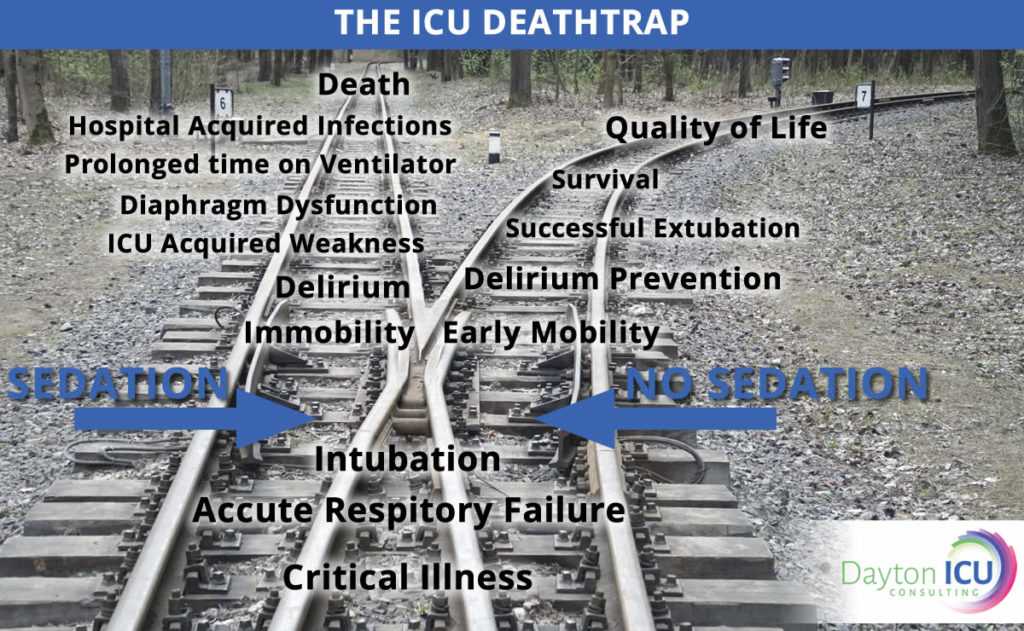
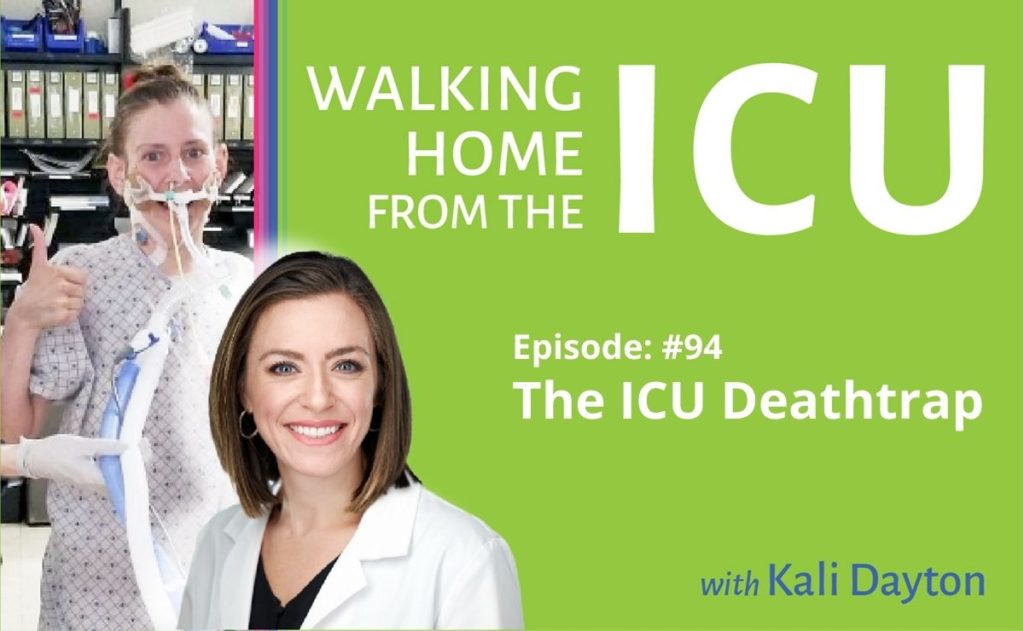
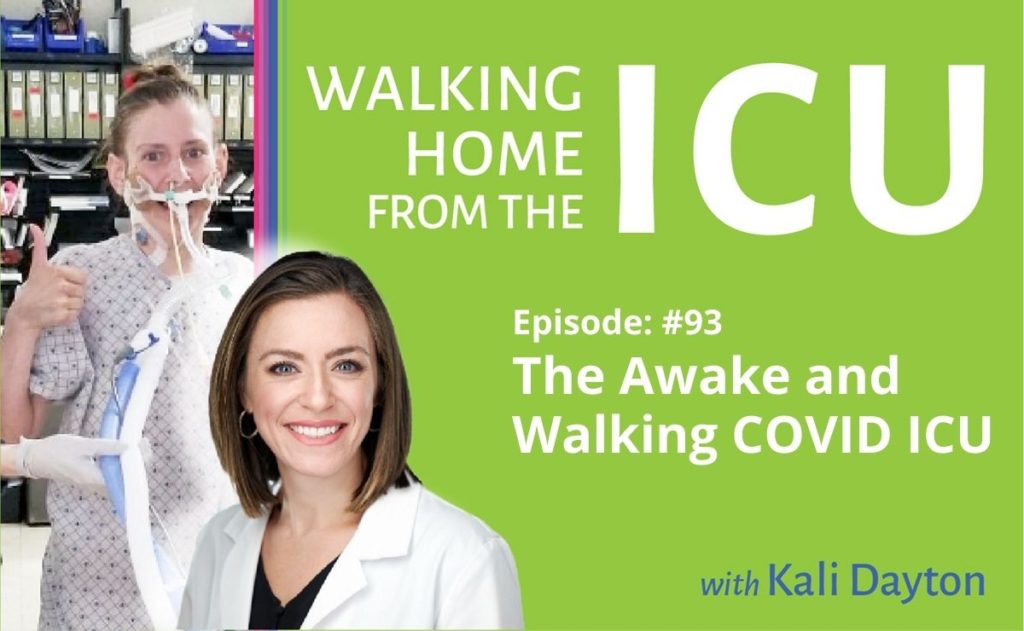
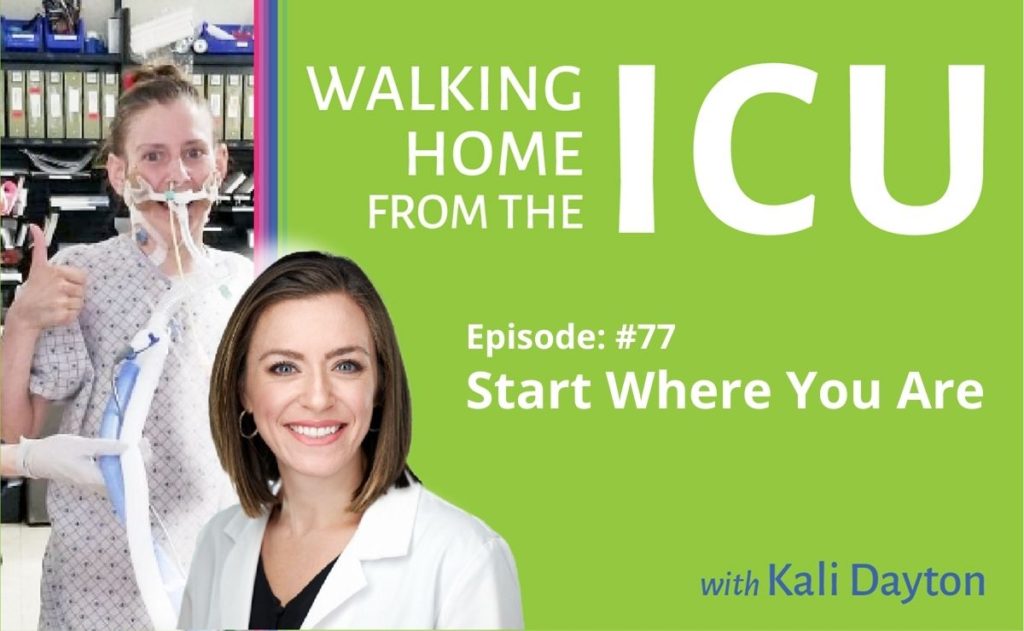
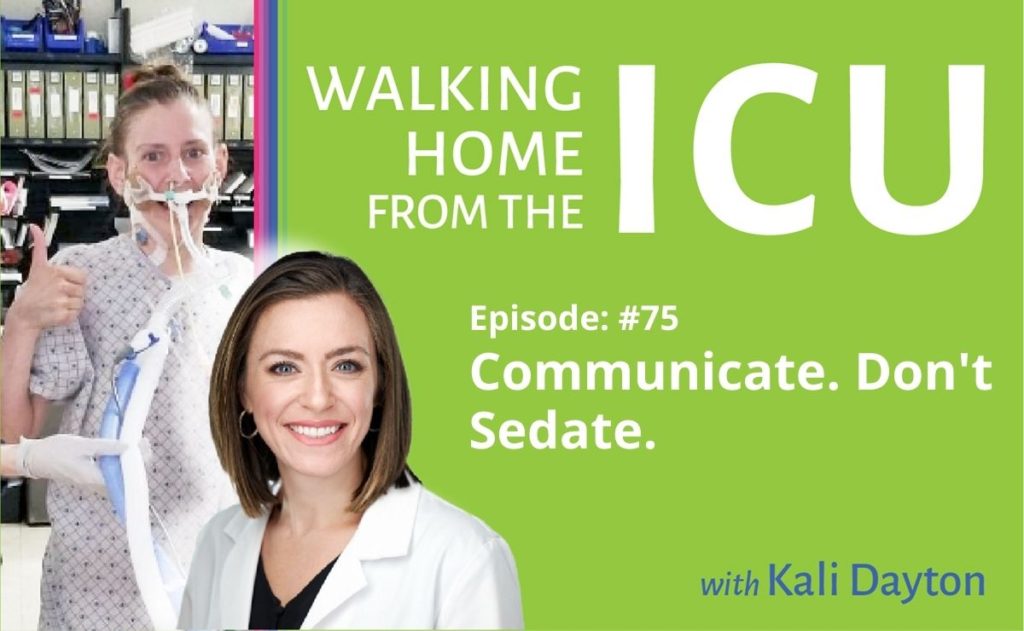
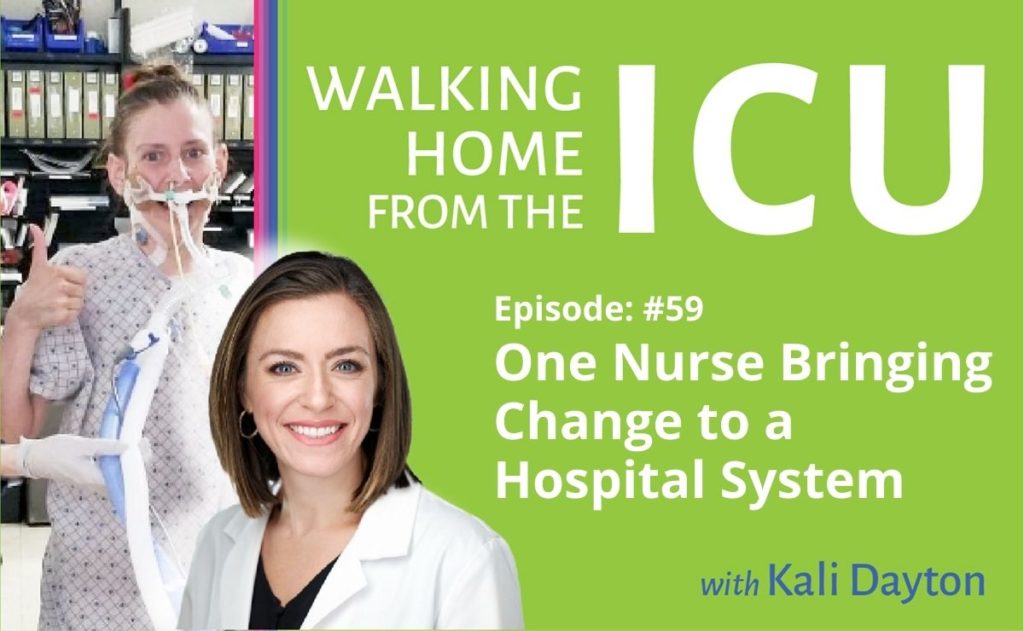

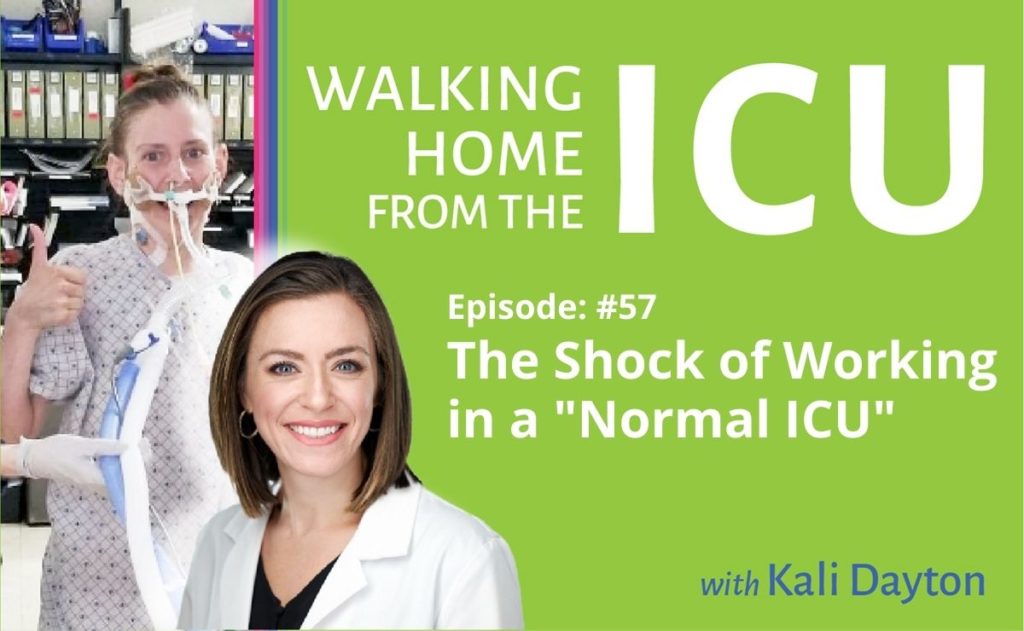

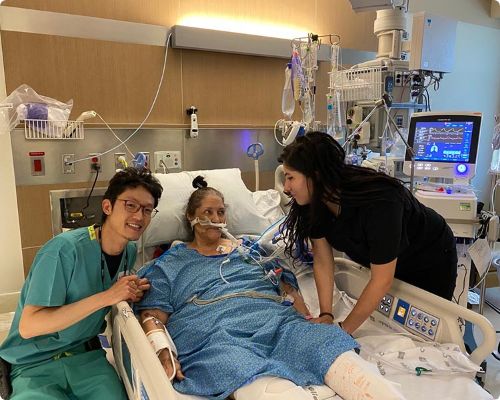 I stumbled upon Kali’s podcast midway through my anesthesia critical care fellowship in February 2021. At our institution, I got the impression that patients in the ICU either got better on their own or had a prolonged and complicated course to LTAC or death. In her podcast, Kali explained that LTAC was rarely the outcome for patients in the Awake and Walking ICU in Salt Lake City.
I stumbled upon Kali’s podcast midway through my anesthesia critical care fellowship in February 2021. At our institution, I got the impression that patients in the ICU either got better on their own or had a prolonged and complicated course to LTAC or death. In her podcast, Kali explained that LTAC was rarely the outcome for patients in the Awake and Walking ICU in Salt Lake City.
